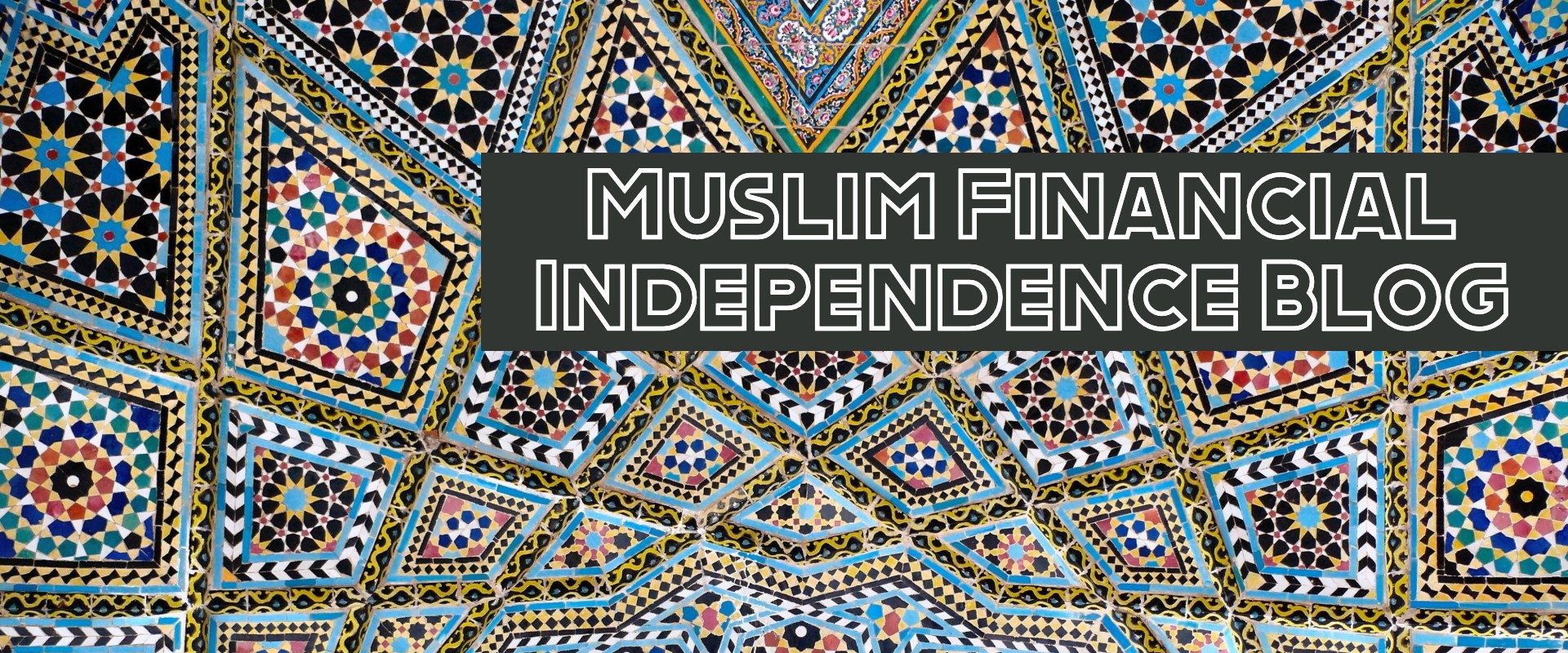
﷽
As-Salaam Alaykum dear readers,
Today I wanted to walk through an introduction to the topic of Mudharabah (Investments) in Islamic finance. As I write on this blog, I will continue to explore and introduce topics for personal finance / financial independence as well as Islamic finance. There are various shariah based financial contracts, and I believe it’s beneficial for both Muslims and non-Muslims to understand alternative, (re)emerging financial vehicles that promote ethical and non-predatory market behaviors.
Mudharabah (Investment Contract)
Let’s explore how a basic Mudharabah investment contract is constructed.

In its basic form, there are generally 2 parties:
- The Rab Al Maal or the “Investor”
- The Mudarib or the “Investment Manager”
The investor enters an an agreement with an investment manager to manage his capital and agree to return their capital with a return (if successful) after a given time period. The key here being is that there is no “certainty” that there will be a net-positive return during the investment venture. This means that practically any “loss” in the venture in terms of money is borne by the Rab Al Maal (Investor), while loss of time and resource effort is born by the Mudarib (Investment Manager).
This financial vehicle is mostly used by the Islamic banks for deposit accounts.
So how does the work in current market conditions with Islamic investments? This financial vehicle is mostly used by the Islamic banks for (savings) deposit accounts. There is typically a published Expected Profit Rate (EPR) for depositing your money with the bank; which is quite comparable to the types of returns you could get at a conventional interest-based bank. Let’s take a look at a deposit account being offered at Noor Bank.
A Mudarabah investment deposit at Noor bank shows the following:


This shows an initial deposit value in UAE Dirhams, and the EPR (Expected Profit Rate) that you could potentially receive based on the tenor (or time the funds are locked into the investment). As you can see, the more you put into savings and the longer it’s in, the greater the EPR would be from the bank.
Now let’s take a look at the agreed upon percentages of the contract:

The contract states that the Rab Al-Maal (Investor) will receive 10% and the Mudarib (Investment Manager ie. the bank) will receive 90% of the profit based on their investments.
There are many emerging savings programs at Islamic banks that accept both local and international currency across the world, especially in Malaysia, Indonesia and the Arab Gulf countries among others.
I will continue to explore additional Islamic Finance topics and practical applications in this blog, so stay tuned! I hope you enjoyed this introduction to Mudarabah, and please feel free to follow me on Twitter as well as this site, the Muslim Financial Independence Blog.
Please feel free to leave any comments or questions for future topics. I would love to hear from you!
As-Salaam Alaykum
